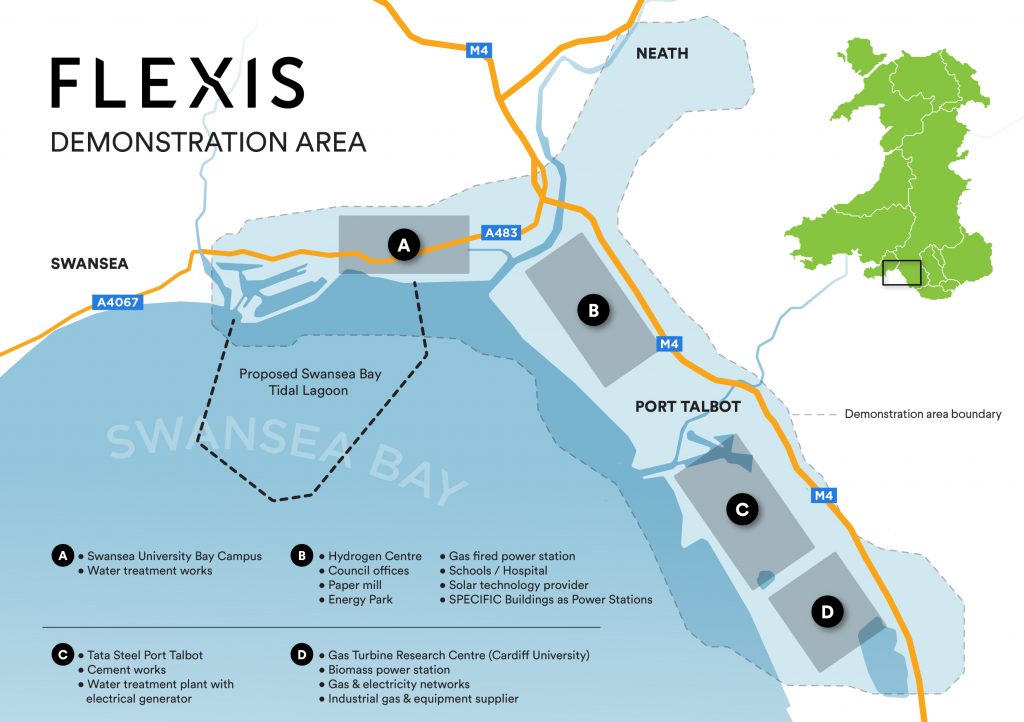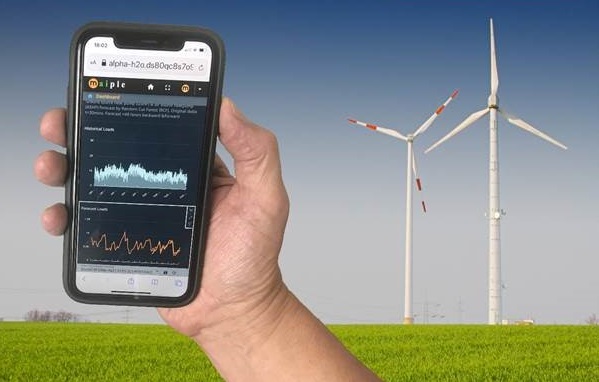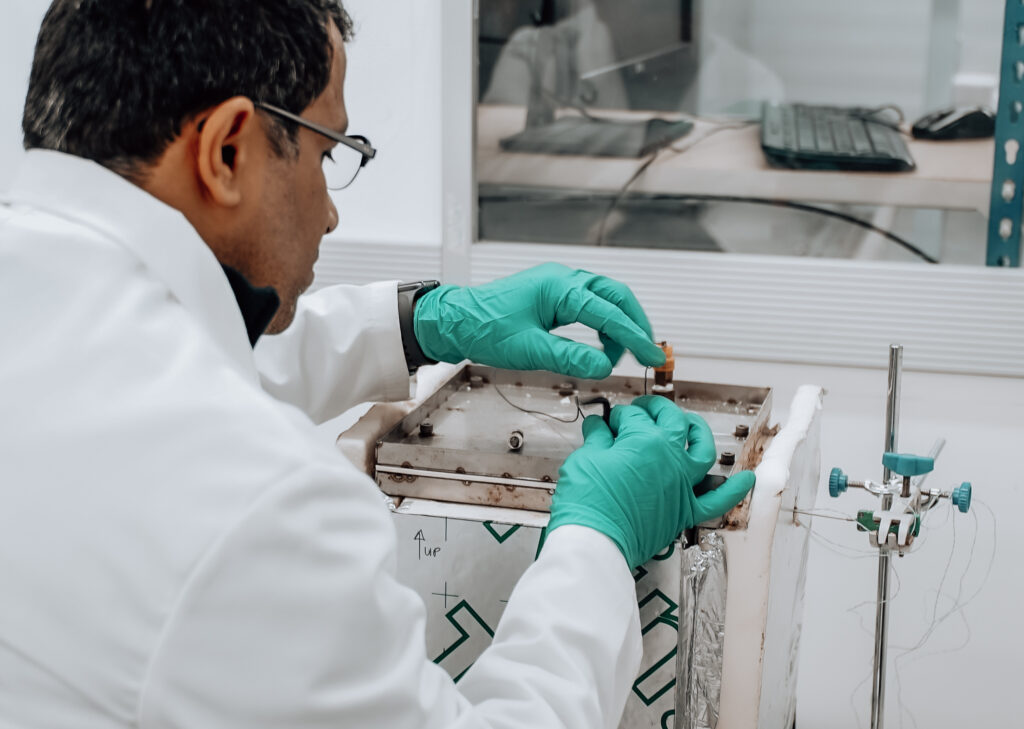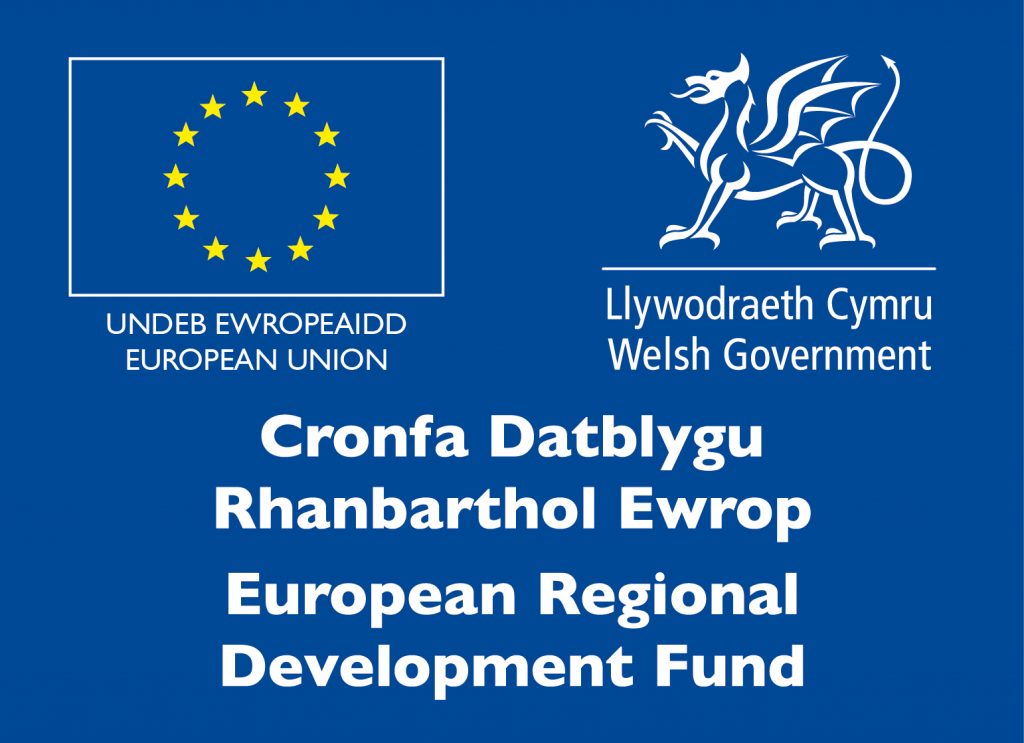We would like to introduce you to Dr Brian Wee, Chief Technology Officer for FLEXISApp’s partnership project – Centre of Expertise in Data and Smart Energy Systems
Dr Wee has been seconded to FLEXISApp from the industrial partner, Maiple. His role at FLEXISApp is vital to the partnership project’s success and will add industrial strength and knowledge to the project’s research and academic focus.
With his diverse experiences in co-founding both an Internet of Things (IoT) platform company and an Artificial Intelligence (AI) based software company across Asia and UK, Dr Wee will drive forward the first phase of this partnership project with strategic collaboration from both academic and industrial participants from FLEXIS’ demonstration area. The goal is to build commercially driven AI-based tools and solutions for smarter energy industry. The critical enabling technologies will be based on the IoT, big data, cloud computing, AI and open-source technology.
Q – What is the Centre of Expertise in Data and Smart Energy Systems?
It is a Welsh European Funding Office (WEFO) funded partnership project between FLEXISApp and AI software company, Maiple. Its vision is to make the FLEXIS demonstration area in Neath Port Talbot, Wales a world-renowned centre of expertise within data capture and AI for energy forecasting – supporting industrial decarbonisation and net-zero targets.
It brings together expertise from Welsh academia and industry and ultimately, aims to develop new technology that will provide multisector energy forecasting solutions to help industry lower emissions through greener energy options whilst reducing their energy cost.
The idea of using AI technology to save the planet

Q – How can data and AI be used to decarbonise industry and help achieve 2030, 2040 and 2050 net-zero targets? What type of things can it be used for?
The electricity generation sector is experiencing a rapid transformation in adopting renewable energy sources such as offshore and onshore wind and solar photovoltaics (PV) to provide clean energy to reduce fossil fuel reliance. It is one of the many solutions to achieve net zero-emission targets.
Renewable energy sources represent a complex challenge for electricity system operators. Generation is less predictable, highly decentralised and requires monitoring for quality and stability. A traditional, centralised on-demand fossil generation, is more straightforward and in general easier to manage. The mixture of multiple energy sources needs intelligence technology such as big data and AI systems to forecast the available renewable energy since it relies heavily upon on the sun and wind to generate power.
To forecast the available energy source, AI can use vast amounts of data to generate a more accurate weather forecast and allow the system operator to orchestrate a better control of power source to meet the electricity demand. It will provide a more efficient system to utilise renewable energy and burn less fossil fuel.
To forecast the energy demand on a group of assets, grid or microgrid, the historical aggregated energy usage data can be used to combine weather prediction information such as the temperature to forecast the energy consumption using AI. The combination of multiple data sources is essential to generate an accurate AI-based forecast model for energy demand.
By forecasting the supply and demand of the complex energy networks more accurately, the energy flexibility (the ability to manage energy network’s energy generation and demand) will operate more efficiently. Hence, it will enhance the efficient use of energy and help to archive net-zero targets.
The modern energy system, in general, is becoming more data-driven and AI technology is a perfect tool to utilise the available data to perform advanced analytic and forecast models for energy supply and demand. AI also plays a significant role in providing innovative solutions to meet the net-zero targets within multiple use cases of electricity networks. It can apply in many areas from managing the complexity of renewable energy source to abnormally detection and execute fault preventive measure within the energy infrastructure. This will help make energy generation cleaner and safer, requiring lower energy demand and more flexibility.
Q – Can you tells us more about your role and what we can expect over the next two years as the Centre of Expertise in Data and Smart Energy Systems develops?
Over the next two years, the overall vision is to accelerate the adoption of AI-based technology combined with the in-depth domain expertise knowledge of FLEXIS partners to build commercially driven solutions. In doing so, we will build smarter energy solutions to improve asset performance, reduce CO2 emissions and lower energy costs.
Q – What excites you the most about this project and your secondment to FLEXISApp?
The first things that spring to mind are:
- Using research and data from FLEXIS to drive forward solutions to tackle climate change
- Working with academia and industry to develop new to market products
- Being able to offer employment opportunities – We are actively looking for local talent
Q – What is your current focus?
The initial project will focus on the development of AI-based energy forecasting models and software tools to predict energy load and flexibility forecast for a specific group of assets or distribution networks. We will also build cloud-based tools for third party ecosystem integration, such as energy aggregators and building management systems (BMS).
Q – What would your typical partnership project include?
We anticipate a typical AI software-based collaboration project would include:
- Identify and analyse the available datasets, add IoT sensors for data collection if needed.
2. Define the specifications and requirements to provide commercially driven services.
3. Develop data processing and pipelining solutions based on datasets obtained from partners.
4. Train, optimise and benchmark AI models and build production workflow in the cloud.
5. Building application-specific cloud (Application Programming Interface) API function libraries.
6. Integration of API with existing software tools and dashboards.
7. Provide consultation on developing new to market products, intellectual properties and services.
Q – New to market products? Do you know what these will be and when they will be ready for use?
We are developing a Maiple AI platform to provide Software as a service (Saas) solutions to accelerate the deployment of AI models, dashboard and IoT devices for production and the integration with existing third-party tools.
Q – Are you looking for other industrial partners to be part of this phase/testing?
We are always looking for industrial partners with a commitment to lowering their emissions and playing their part in tackling climate change. We would ideally like to hear from industry within West Wales and the Valleys region but also welcome interest from other locations. Please get in touch to express an interest, and we can reach out and discuss options in the near future.











